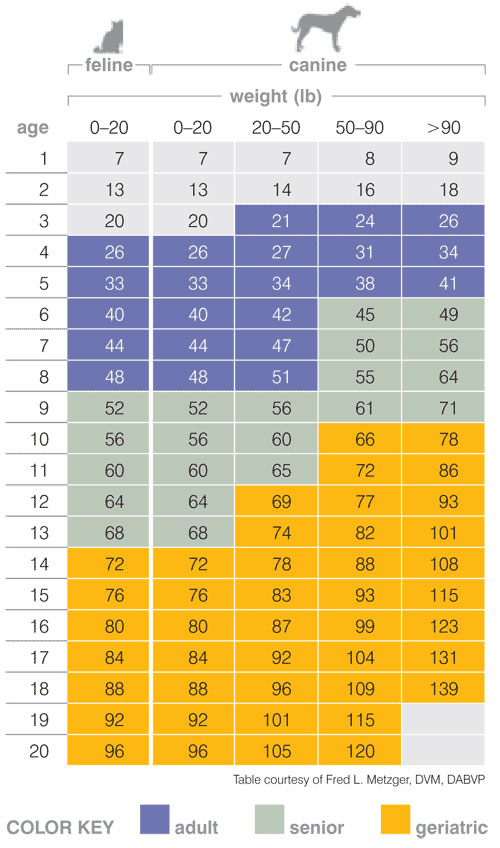Let Us Help You Care for Your Faithful Old Friends
Age is not a disease and modern veterinary medicine allows us to work to optimize all pets “golden” or senior years through preventative programs. At Balboa Pet Hospital in San Francisco, our veterinarians will work with you to understand the subtle symptoms that may indicate an illness. Senior dogs, cats, rabbits, all animals, are susceptible to illnesses as a part of the normal aging process. (Just like you and me.) Symptoms like kidney failure, heart disease, arthritis, dental disease, cancer, and cognitive dysfunction may seem to appear out of no where. That’s because our pets are so good at hiding their illness.
With advances in veterinary care, diagnostics, nutrition and surgery, our veterinarians are helping our four legged friends in live longer.Not too long ago, diseases might not have been diagnosed until it was too late to have a positive outcome. But now you can do so much more. More importantly, improved care is enabling our “senior” pets to live those golden years to the fullest.
Many age related problems are still seen as inevitable, but the attitudes of both veterinarians and pet owners have changed. At Balboa Pet Hospital, our Veterinarians offer the latest veterinary therapies as well as alternatives like acupuncture and herbal remedies. We work closely with you and your dear old friend to provide the care they need to live as long and as comfortable as possible. We are also here for you if you find you need hospice care.
How old is my pet?
Pets age at different rates and the rate is dependent on a number of factors. Often size dictates the average length of a dog’s life. Indoor cats tend to live longer than outdoor cats. One thing is for certain, they age fast than we humans do. This is an excellent reference chart from Pet Health Network.
Warning Signs in Senior Pets
Your insight into behaviors is a necessity in arriving at the appropriate diagnosis and treatment plan. More frequent visits are preferred for our aging dogs, cats and other pets. If you notice any of the following, call or email us for an appointment.
- increased thirst and urination
- loss of bladder control or breaking house training
- repeated vomiting
- bad breath, drooling or changes in appetite
- excessive panting or exercise intolerance
- lumps or changes in areas of skin color
- change in appetite – eating more or less than usual
- changes in behavior such as “spacing out” or excessive whining
- unusual bowel habits – diarrhea or constipation
- changes in body weight – gaining or losing weight

Educational Videos:
How do you Care for a Senior Citizen Cat?
How do you Care for a Senior Citizen Dog?
More Links about Senior Behavior and Disease
- Senior Behavior Issues
- Arthritis in Dogs
- 5 silent killers in Cats
- Hidden Heart Disease in Senior Cats
Watch pets closely and report any unusual behavioral or physical problems to your veterinarian immediately. Work with your veterinarian and develop a specific senior wellness program for your pet’s individual needs so that your special friend can enjoy aging gracefully.

